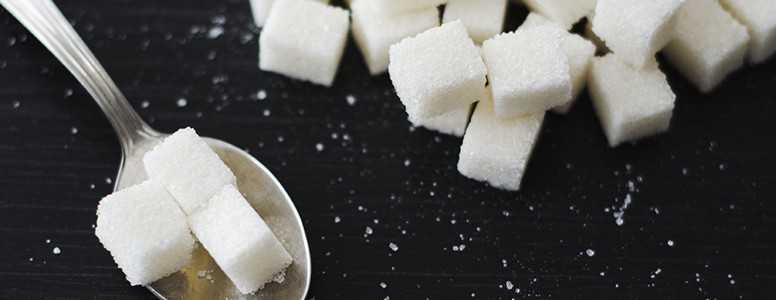Kellogg’s has announced it will reduce the amount of sugar in its top three selling children’s cereals by mid-2018.
Coco Pops, Rice Krispies and Rice Krispies Multi-Grain Shapes will contain 20-40% less sugar, and Kellogg’s will also stop selling Ricicles and end children’s marketing appearing on Frosties packaging.
The move comes amid pressure from the government and campaigners for food companies to cut their sugar quantities in a bid to combat rates of obesity and type 2 diabetes.
Earlier this year, Public Health England called on food firms to reduce sugar in products by 20% by 2020 and 5% this year.
Kellogg’s plans to cut the amount of sugar in Coco Pops from 30g per 100g to 17g, a 40% reductio, while sugar in Rice Krispies will be lowered by 20%, and Rice Krispies Multi-Grain Shapes will be cut by 30%.
However, other high-sugar cereals such as Frosties and Crunchy Nut will not be altered, remaining at 37g and 35g per 100g respectively, 11g each per serving, and there has been criticism that Kellogg’s could have done more to make their products healthier.
Dr Anna Robins, from the University of Salford, told the BBC: “Any move to be helping the general public to make healthier choices is a good one. [But] I don’t think they’re going far enough to be making these cereals a healthy option in the morning.”
Under the new recipe, a 30g serving of Cocoa Pops will provide a child under 11 with one sixth of the added sugars they are allowed under health guidelines for the whole day.
The government recommends that children aged 7-10 years eat no more than 24g of sugar per day, and a 30g serving of Cocoa Pops will still contain 5.1g of sugar in the new recipe.
Next year the government’s sugar tax will come into effect where soft drinks firms will be levied for total sugar content over 5g per 100ml.
Benedict Jephcote, Editor of Diabetes.co.uk, said: “Breakfast cereals may be quick and easy, but they are not a healthy pick. They are high in carbohydrate and so result in high blood sugar, whether they’re high in sugar or not. Despite what they try to tell us, cereals are not good at keeping us full. Much better breakfast options are low-carb options like Greek yoghurt with nuts, seeds and fruit or omelette with vegetables.”
What's new on the forum? ⭐️
Get our free newsletters
Stay up to date with the latest news, research and breakthroughs.







